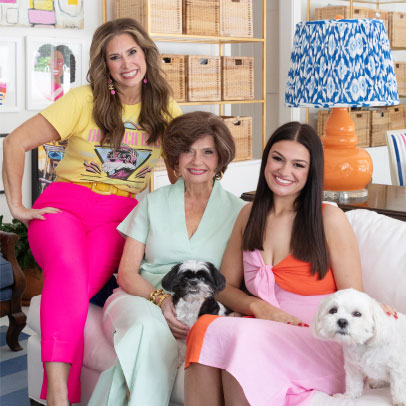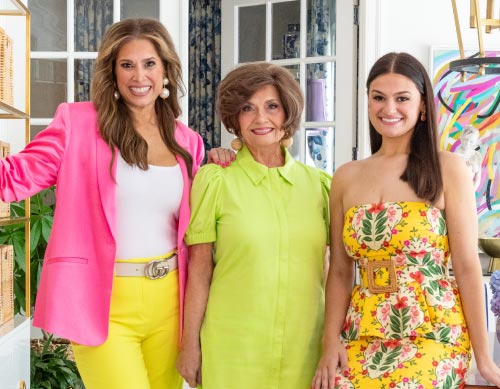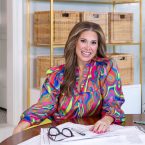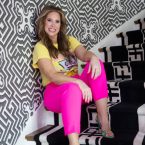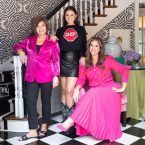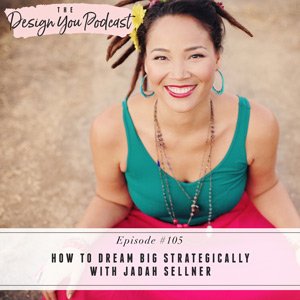
My guest this week is a gift to you, and this conversation was definitely a gift to me too. We were supposed to have this conversation a few months ago, but it feels fated to have her presence now, in the midst of our current climate. If you don’t already know her, Jadah Sellner is the host of the Lead with Love podcast, creator of Love Over Metrics Incubator, and co-founder of Simple Green Smoothies. She is a business mentor and community growth strategist, with a focus on motivating companies and personal brands to build communities with love, service, and impact.
As a serial entrepreneur, Jadah is on the show today to offer some wisdom around selling with integrity and making opportunities out of what could be seen as obstacles. During this time of ‘forced pause,’ as Jadah calls it, she shares some new ways to think about your business and strategic ways to dream big, even when you have lack or scarcity in your life right now.
Join us this week to discover new ways to be resilient, resourceful, and innovative in rapidly changing times. Jadah has built her businesses online, through recessions, and by loving on her audience, and I know that all of us, myself included, have so much to learn from her to create our dream lives and businesses.
If you want to keep this conversation going, you have to join my free Design You Podcast community on Facebook. We have great conversations over there about the podcast episodes and our podcast guests are in there too! So head on over and I’ll see you there!

